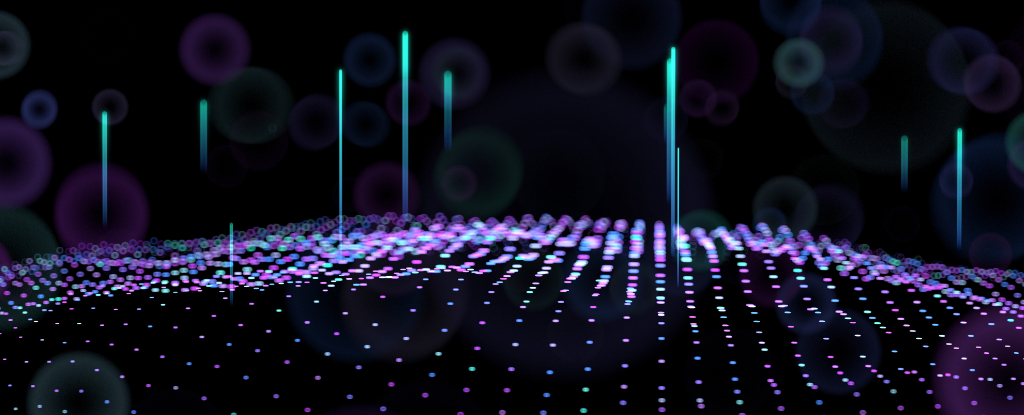
Is time real, or is it merely a trick of human perception? Theoretical physicist Carlo Rovelli, a pioneer in modern physics based at Aix-Marseille University in France, argues in his groundbreaking book, “The Order of Time”, that everything we think we know about time might be an illusion.
Forget the ticking clock or even Einstein’s flexible space-time. Rovelli believes the flow of time is a product of our ignorance, not a fundamental truth of the universe.
Why Time Might Not Exist
For centuries, humanity relied on Newton’s clockwork universe, where time ticked predictably and universally. Then came Einstein, whose special theory of relativity proved that time is malleable, bending under gravity and varying with speed. Yet Rovelli takes this further, asserting that even Einstein’s space-time is just a simplification.
What does Rovelli propose instead? He argues that events, not particles or fields, are the building blocks of reality. According to him, time doesn’t exist in the equations of fundamental physics—it emerges from relationships between events. The world, he claims, is more like a tangled web of occurrences than a timeline.
Entropy and the Illusion of Time’s Flow
Why, then, do we experience time as flowing from past to future? Rovelli explains this through entropy, a measure of disorder first introduced in thermodynamics by Ludwig Boltzmann. As the universe moves from order to chaos, we perceive an arrow of time. This “flow” is a byproduct of our inability to see the universe in full detail. Quantum uncertainty—our lack of perfect knowledge about particles and their states—creates the illusion of a ticking clock.
In simpler terms, you remember yesterday but not tomorrow because entropy increases, scattering information irreversibly into the universe. This process ties our perception of time’s flow to the second law of thermodynamics, which dictates that entropy in isolated systems tends to increase over time.
A World Without Time
Rovelli is one of the creators of loop quantum gravity (LQG), an ambitious theory that aims to unify quantum mechanics with Einstein’s general relativity. A key tenet of LQG is the absence of fundamental time. The Wheeler-DeWitt equation, a cornerstone in quantum gravity, describes the universe without referencing time, treating it as an emergent property rather than a fundamental one.
In this framework, time arises from causal interactions between events. According to Rovelli, “A storm is not a thing; it’s a collection of occurrences.” By this logic, what we perceive as time—past, present, and future—is simply the way we organize sequences of events based on their relationships.
Practical Implications and Challenges
While Rovelli’s theories are compelling, they challenge deeply ingrained aspects of human life. How can society, so dependent on time, adapt to the notion that time is not fundamental?
key takeaways:
- Entropy and the arrow of time: The direction of time’s flow is linked to the increase in entropy, not to time itself.
- Loop quantum gravity: Rovelli’s work proposes that time is an emergent property arising from relationships between events, with no universal clock underlying reality.
The Future of Time
Rovelli’s ideas are far from universally accepted. Critics argue that the quantization of space-time, a concept central to LQG, remains unproven. Moreover, experiments have yet to fully validate the thermal time hypothesis, which posits that time emerges from thermodynamic states.
Despite these challenges, “The Order of Time” raises profound questions about our understanding of the universe. Rovelli invites us to rethink time as a construct of limited perception, deeply tied to entropy and causality.
Will his theories stand the test of time, or will they fade into obscurity? Either way, the debate has opened new doors in physics, philosophy, and our understanding of reality.
What do you think—can time truly be an illusion? Or is it fundamental to our universe? Share your thoughts below!
The Study is originally published in nature
Got a reaction? Share your thoughts in the comments
Enjoyed this article? Subscribe to our free newsletter for engaging stories, exclusive content, and the latest news.








Leave a Comment